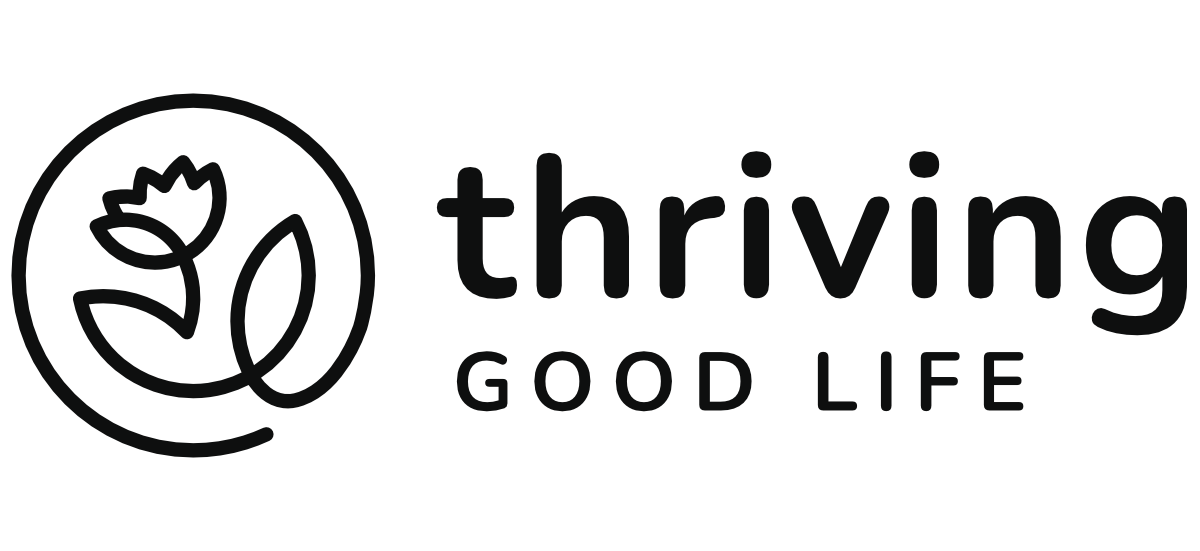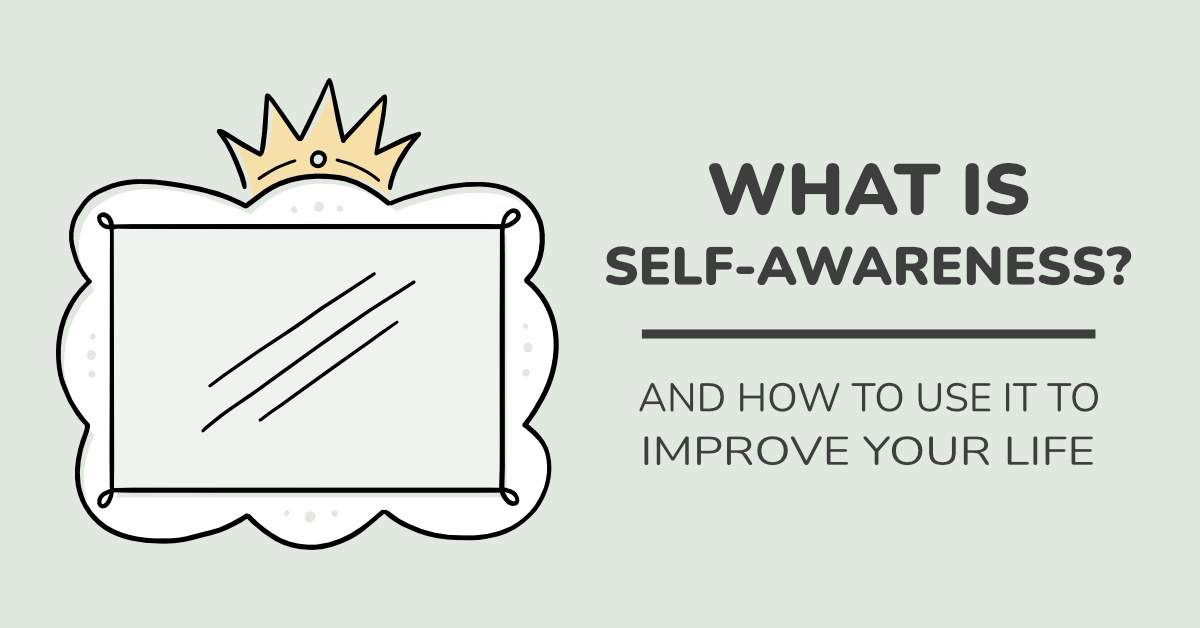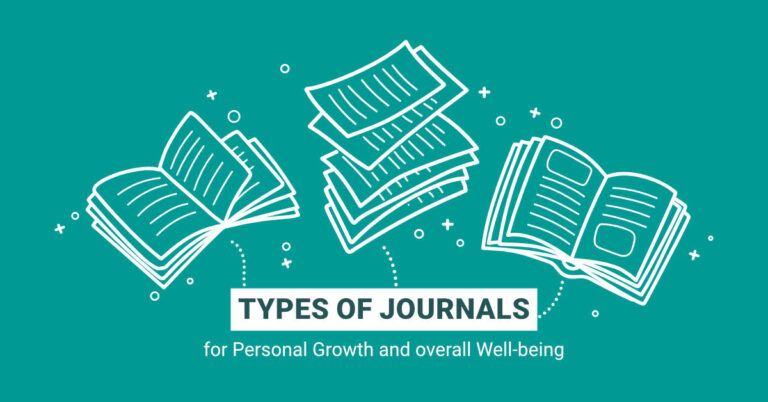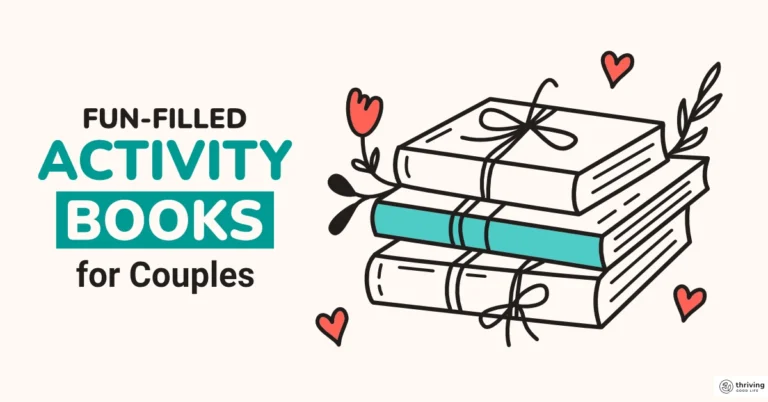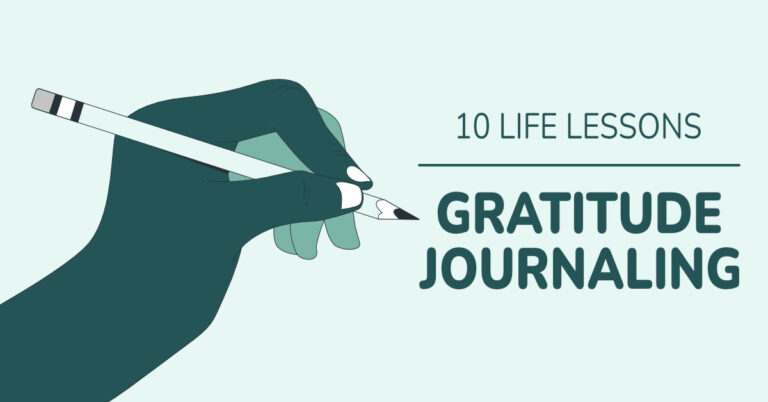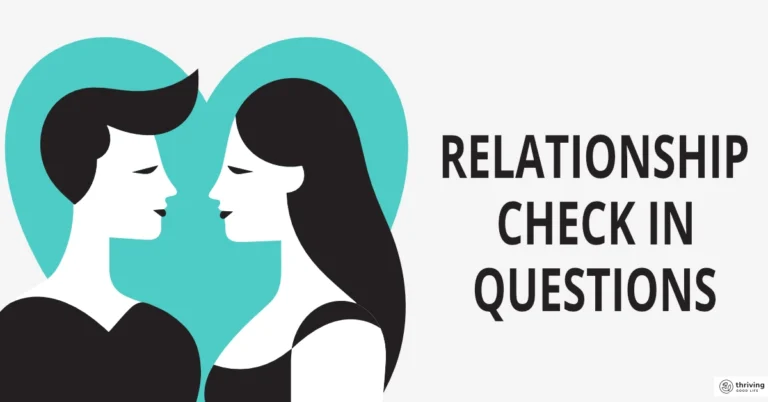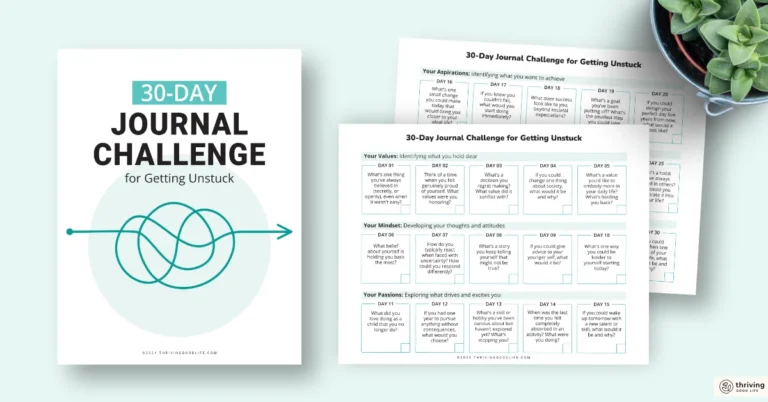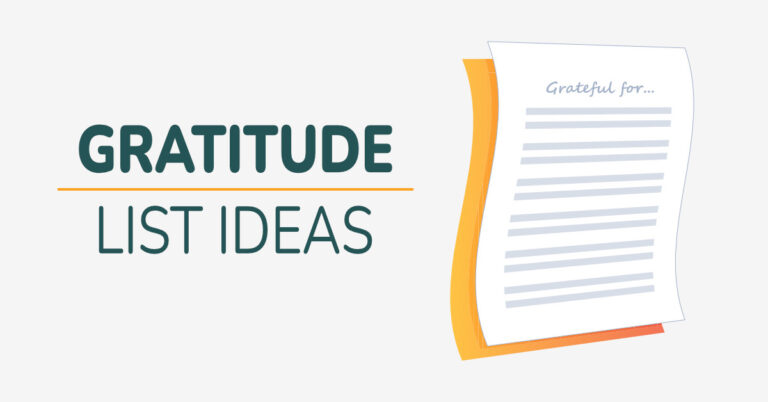🌱 Self-awareness is a skill that allows us to recognise and understand who we are, and how others see us. Most of us think we’ve got this skill on lockdown, but we really haven’t.
As I sat in the audience, listening to the speaker drone on for a straight 20 (but felt like 120) minutes, my eyes darted around the room.
Was I the only one praying for this talk to end?
I noticed people checking their phones, fidgeting in their seats, and yawning loudly. The guy a few chairs to my left had zoned out – his eyes, shut tight.
The speaker seemed oblivious to the reactions of the audience. In her mind, she was delivering the greatest speech ever. Totally unaware of our struggles to stay awake. No thoughts like: ‘Oh, I’d better wrap this up they look bored – bless them’.
Nope. She just kept going.
Until one of the organisers finally asked her to stop.
I felt bad for her, but this demonstrates why self-awareness is so necessary. We’ll explore that later, but first, let’s take a look at what it means to be self-aware.
[thrive_leads id=’8746′]
What Exactly is Self-Awareness?
In simple terms, self-awareness is knowing who you are and what you stand for. Like, really knowing.
It’s having a conscious awareness of what you’re thinking and feeling. Along with what you know to be true of your character, your attributes, and your values.
This level of self-knowledge runs so deep that at any given moment you’re able to recognise your emotions, strengths, weaknesses, triggers, and motivations.
But self-awareness is not only about understanding what’s going on inside yourself. It’s also about recognising how others perceive you. It’s like having a mirror that reflects not only your inner self but, the external impression that you leave on everyone around you.
According to psychologist Tasha Eurich, you need both knowledge of your inner world (internal awareness) and outer world (external awareness), to be considered truly self-aware 1.
While most of us like to think we’re these self-aware beings, the majority of us are actually not. Enrich’s research shows that only 10-15% of the population is genuinely self-aware.
Not gonna lie, I like to believe I’m one of those self-aware unicorns, but I don’t know for sure. Although, as someone who’s actively working on improving my self-awareness daily, I take comfort in knowing that it’s a skill that’s ever-evolving.
And most of us can develop it… if, we’re willing and able to do the work. But it isn’t easy.
We’ve got to prepare ourselves to embrace the sticky awkwardness that accompanies growth.
Why it’s Important to Be Self-Aware?
If there’s one thing that facilitates genuine human connection and interconnection, I’d argue it’s self-awareness. It underpins everything. From how we communicate, and relate to ourselves, to how we deal with our emotions as well as the emotions of others.
The level of our self-awareness determines the quality of the relationship we have with ourselves, our romantic partners, family members, friends, and co-workers.
When we lack self-awareness we run the risk of acting without thinking – making choices that don’t serve us. And unintentionally harming others through our actions.
Let’s say you’re at a party and you sense you’re out of your depth. You don’t feel as confident or as polished as the other guests, and you’re super nervous about talking to anyone.
You may not be fully aware of the feelings of insecurity bubbling beneath the surface, but they’re still influencing your behaviour.
You think an alcoholic beverage might calm the nerves. Maybe make you appear more interesting.
Ten tequila shots later and you’re saying and doing the stupidest things ever – totally out of character. To top it off you decide to drive home intoxicated, putting yourself and others in danger.
A lack of self-knowledge also makes it difficult to manage our emotions. We’re more likely to lash out at others when feeling stressed or anxious, without understanding the real source of our discomfort.
To make matters worse, our shame-avoidant selves blame others for our poor behaviour. As opposed to putting on our big girl pants, and taking responsibility for the mess we’ve contributed to.
When our level of awareness is low, we’re less likely to objectively reflect on the things we’ve done or said. Which means we can’t see where we’re going wrong. And if we can’t see our faults, chances are high that we’ll repeat the same unhelpful patterns of behaviour, over and over again.
This lack of self-examination leaves us feeling disconnected and misunderstood. With little emotional control, and no room for empathy or compassion for others.
Not exactly conducive to having a happy, healthy, and fulfilling life.
It’s quite the opposite for people who are high in self-awareness.
When we have a clear picture of who we are, what we want (and what we don’t want), we’re able to set standards for ourselves. And these standards work in alignment with our values.
By having the wherewithal to reflect on our thoughts, feelings, emotions, experiences, actions, and the people we associate with, we’re able to hold ourselves accountable to our personal standards.
We ask ourselves tough questions that assess whether our choices align with our values, and this further shapes our character. This ability to reflect in such an open, honest, and non-judgemental way has huge benefits on our mental, social, and emotional well-being.
Here are just 8 of them.
Benefits of Self-Awareness
You get better at identifying priorities
Do you ever feel like you’re pulled in a million different directions? Like you’re trying to keep up with a never-ending list of tasks and responsibilities, but you’re not sure what really matters to you?
Well, the more self-aware you are the easier it becomes to navigate through the noise and make better decisions about how to spend your time and energy.
For example, if you recognise that spending time with family is a top priority, you can make a conscious effort to create more meaningful moments with your loved ones. This might mean making some sacrifices in other areas of your life, but it’s worth it because you value family above all else.
You recognise the symptoms of stress or burnout
Preventing burnout and managing stress is important for our overall well-being. When you can ‘see’ things getting on top of you, you can address the issues before they become serious.
For instance, if you’ve been burning the midnight oil at work, you can start scheduling regular breaks throughout your day, set realistic limits on your workload, and delegate tasks.
You protect and maintain healthy boundaries
People test our boundaries all the time, but when we can detect an incoming breach or flat-out violation, we can take appropriate action to protect ourselves 2.
This might look like saying ‘no’ more often, setting clear and assertive limits, communicating our needs and expectations, or even removing ourselves from the situation entirely. Alternatively, you might decide to seek help from a therapist or coach to develop boundary-setting skills.
You communicate your needs more effectively
Let’s say your partner doesn’t help with household chores. Instead of bottling up your feelings or lashing out in anger, you may become aware of your tendency to ‘lose it’.
To avoid another fight you may decide to communicate your needs in a calm and respectful manner. And hopefully, your partner has the self-awareness to hear what you’re saying and do a better job of meeting your needs in the future.
You make decisions based on reality, not fear
How many times have you stopped yourself from making or following through on a decision because you were scared of the outcome?
Maybe you chose to stay in a job you hated because you were worried about not having financial stability. Or perhaps you avoided a challenging conversation with a loved one because you were afraid of being rejected. Fear-based decisions rarely lead to positive outcomes, but they can keep us stuck in situations that ultimately harm our happiness and well-being.
By becoming more in tune with our thoughts, feelings, and behaviours, we can start to recognise when fear is driving our decision-making. We can ask ourselves: “Am I making this choice because it’s what I truly want, or because I’m afraid of the consequences if I don’t?”
The self-aware version of ourselves is more likely to take calculated risks, have difficult conversations, and pursue our goals – even though they make us feel uncomfortable.
You own up to your actions and mistakes
Think about a time when you made a mistake that affected someone else.
Maybe you said something hurtful in the heat of the moment or failed to meet a deadline that caused your colleague to pick up the slack. It’s easy to feel defensive or embarrassed in these situations, but being self-aware allows you to take responsibility for your actions and make things right.
By acknowledging your mistake and apologising, you show the other person that you value their feelings and respect their needs. You can then work together to find a solution that satisfies everyone involved. This builds trust and respect and strengthens your relationships in the long run.
You understand and appreciate people better
When someone takes the time to understand and appreciate your perspective with empathy and compassion, it’s incredibly validating and reassuring. It shows they value your thoughts, opinions, and experiences, and that they’re willing to listen and learn from you.
This ability to be present is important for the well-being of relationships, whether it’s with a romantic partner, a friend, or a family member. Because when we feel understood and appreciated, we’re more likely to feel connected, supported, and loved. On the other hand, when we feel misunderstood or dismissed, it can lead to feelings of frustration, anger, and loneliness.
You regulate your emotions like a boss
When we’re able to recognise and respond to our emotions in a healthy and constructive way, we’re more likely to feel balanced, grounded, and in control.
For instance, if we’re conscious of our tendency to feel anxious or upset after reading certain types of news stories, we can limit our exposure to those topics, and practice self-care activities like meditation or exercise, to help manage our emotional reactions.
This not only reduces unnecessary stress, but it improves our emotional well-being and overall character 3.
Plus, having such emotionally intelligent traits rewards us with greater satisfaction and fulfilment in all areas of our personal and professional lives 4.
What Causes Lack of Self-Awareness?
While some people may not have a good understanding of themselves, it’s rare to come across someone who has no self-awareness at all.
Most people possess at least a basic level of self-knowledge, even if it’s limited or underdeveloped.
Our level of self-awareness is influenced by various factors such as personality, life experiences, culture, and whether or not we’ve sustained a traumatic brain injury 5 or have a neurodevelopmental disorder 6.
Some of these influences we have control over. Some we don’t.
That said, there’s one huge thing that keeps most of us stuck at the lower end of the self-awareness spectrum. And that’s the mistaken belief that we already have a good understanding of ourselves. Let’s examine that further.
“To know yourself, you must sacrifice the illusion that you already do” – Vironika Tugaleva
That lack of inner curiosity gives us a false sense of self-knowledge.
Without being curious about ourselves, it becomes difficult to acknowledge new information, challenge our assumptions, or open our minds to other people’s perspectives.
Even if the heart is willing, there are barriers that hold us back from examining ourselves too deeply.
Common Barriers to Self-Awareness
Let’s take a look at the psychological phenomenon of cognitive bias.
These pesky thinking habits are ingrained in all of us and distort the way we interpret and make sense of our experiences with the world and those around us.
For the most part, these biases exist to keep us mentally and emotionally safe.
But they can be problematic, leading us to make flawed judgments and assumptions based on incomplete or inaccurate information.
While there are several different types of cognitive bias 7. I’m going to focus on 4 common biases: confirmation bias, self-serving bias, the false consensus effect, and blind spot bias.
Confirmation bias
We look for evidence that supports beliefs we want to cling to
An example of confirmation bias in action:
You’re dating someone new and you really like them.
You notice how closely they match your vision of your dream partner. They love the same music as you, share your sense of humour, and your ‘chemistry’ is off the chain.
Everything seems perfect.
As you spend more time together, you begin to overlook or downplay any behaviour that contradicts your initial positive impression of them – slagging off their ex, moving too quickly, avoiding accountability, criticising then blowing it off as ‘a joke’.
Ignoring these seemingly unintentional acts in the early stages of dating often comes back to crush us later.
Self-serving bias
We take credit for our success and attribute blame for our failures
An example of the self-serving bias in action:
You’re working on a project with three colleagues. The project is a huge success, and your team receives a lot of praise for the outcome. But one person in the group is quick to take most of the credit for that success, even though all three of you contributed equally.
You feel undervalued and resentful.
Now let’s switch up the scenario.
The project didn’t go well.
This person starts blaming the failure on external factors, as well as you and the other team member. They take no accountability or responsibility for any of the mistakes made and refuse to listen to feedback on how to improve… because in their mind they weren’t the ones at fault.
You vow never to work with this person again.
False consensus effect:
We assume everyone shares the same views as us
An example of the false consensus effect in action:
You’re planning a weekend getaway with some of your girlfriends. One friend suggests going camping because according to her everyone LOVES camping.
This friend is the type of person who takes action as soon as she gets an idea. And to your horror, she’s already started to plan the whole adventure.
You and the rest of the girls are not big fans of camping. You’d rather spend the weekend at the beach or explore a nearby city’s nightlife. You discuss your preferences with your friend.
She becomes frustrated and dismissive of your requests. While the rest of you feel irritated at her pushiness, and lack of consideration for the desires of the group. Conflict and hurt feelings emerge on both sides.
Blind spot bias
We see ourselves as less biased than others
An example of blind spot bias in action:
You excel at managing your time, but you’re in a relationship with someone who struggles with procrastination and tardiness. It drives you crazy because you believe your organised way of being is a reflection of your efficiency and ability to get things done.
While your partner, well, you secretly think they’re lazy and undisciplined.
You offer time management advice to your partner, but you’re unaware that you’re coming across as dismissive or overly critical of their efforts to improve.
The solutions you present aren’t helping the situation.
In failing to recognise your individual differences in upbringing, experiences, and value, you fail to understand your partner’s struggles with time management.
Our biases and assumptions act like a filter through which we view the world, influencing our behaviour without us even realising it. They distort our thinking, screw with our perception, and mess with our relationships.
And when these biases go unchecked, they can lead us to self-sabotage in various ways. Here are just three examples of how our biases can undermine our success.
1. The Desire to Escape
When faced with negative emotions or uncomfortable situations, the desire to run is strong.
We might binge-watch TV, spend hours scrolling on social media, or turn to substances to soothe us. But this is like sticking your fingers in your ears and whistling until the discomfort goes away. The problem is, it never truly goes away. Instead, it lingers, waiting for the next chance to pounce.
Avoiding our emotions and problems can be tempting, but it doesn’t help us understand ourselves. We all have things we don’t want to face, past trauma or shame. But by ignoring them, we fail to notice the patterns of behaviour that hold us back and hurt us, or the people around us.
True self-awareness comes from facing our past, accepting our flaws, and owning our mistakes. Not burying them with escapism.
2. Fear of Change
Facing new situations can trigger anxiety and discomfort, causing us to cling to what’s familiar, even if it’s not serving us well. This attachment to old ways of thinking or behaving can stop us from seeing things clearly and recognising areas where we can improve.
We may resist any feedback or constructive criticism that challenges our beliefs, or avoid trying new things due to fear of failure or uncertainty. Such behaviours can blind us to our own biases and limitations, hindering our self-awareness and preventing personal growth.
3. Unwillingness to Be Vulnerable
Being our true selves requires us to embrace situations that may leave us feeling vulnerable and exposed. This means facing parts of ourselves we may not like, admitting when we’re wrong, and taking responsibility for our actions.
It’s scary being vulnerable because there’s a real risk we’ll be judged for the things we say or do, rejected, or made to feel somehow inadequate.
But when we avoid vulnerability, we deceive ourselves. And self-deception is the worst kind of dishonesty. It often leads us to push away our genuine emotions and thoughts for the sake of comfort, resulting in inner turmoil and conflict.
It also makes it harder to communicate our needs and feelings to others. And you know what that means for our relationships? Misunderstandings, heated arguments, and even breakups.
If you find all of this overwhelming, don’t worry. There are concrete steps you can take to manage your biases and develop a stronger sense of self-awareness.
Here are 6 of them.
Ways to Increase Self-Awareness
For actionable tips click a link, then use the back arrow to return to this list:
- Journal and Reflect
- Ask Better Questions
- Discover Your True Identity
- Five Mindfulness Exercises
- Seek Honest Feedback
- Be Kinder to Yourself
1. Journal and reflect on your day
This will help you to begin to understand your thoughts, feelings, and experiences.
Take a moment to reflect on your day, then journal about anything that draws your attention. We’re not looking for perfection here. Just write whatever you observed.
Here’s an example of what a reflection could look like:
Today, I woke up feeling tired and a bit anxious about a work presentation I had to give later in the day. As I went about my morning routine, I noticed my mind racing with thoughts about the presentation and how it might go.
During the presentation, I felt nervous and self-conscious, but I managed to get through it and even received some positive feedback from my colleagues.
After work, I went for a run and noticed that my thoughts started to slow down and my body felt more relaxed. I realised that I had been holding a lot of tension in my body throughout the day.
In the evening, I spent time with my family and felt grateful for their love and support. I also noticed that I was feeling a bit irritable and impatient, which I attributed to the stress of the day.
You see, it doesn’t have to be anything too complicated.
If you’re new to journaling or find it challenging to maintain a consistent writing practice, read this ultimate guide to journaling. It’s packed with tips to help you get started and stay motivated.
2. Ask yourself better questions
Self-reflection involves asking ourselves meaningful questions that can lead to profound insights. But the answers we get are only as good as the questions we ask.
As Eurich found in her research, certain questions can either stunt our personal growth or expand it.
“Why” questions tend to be counterproductive and leave us feeling stuck and helpless. While more open-ended questions like “what” or “how” help us find solutions that move us forward.
Asking “why am I always so lazy and unproductive?” leads to self-blame and a negative self-image. It also doesn’t offer any practical solutions or ways to make changes.
While asking “what can I do to be more productive and motivated?” is a more solution-focused question. It prompts you to think about actionable steps to improve productivity and motivation.
Here are some examples of good questions to ask yourself:
- What was the highlight of my day/week?
This question helps you identify the positive aspects of your day, which can draw your awareness to your mood and overall outlook. Plus, it encourages you to develop a gratitude practice, which has been shown to have all sorts of health benefits. - What events or interactions left me feeling disappointed, sad or angry?
This question encourages you to reflect on the challenges you’re facing and identify the emotions they bring. Yes, experiencing these emotions may feel uncomfortable, but the goal is to develop insights arising from your feelings, so you can move forward 8. Resist the urge to beat yourself up over any mistakes. And certainly don’t stay stuck in negative thinking. - What specific actions can I take to improve myself, my situation, or my relationships?
This question launches you into action mode. When you set and write down specific goals and intentions, you’re taking the first step toward achieving them. This means making steady progress toward your personal growth and development.
You can use these questions for daily, or weekly reflection.
To help you explore new ideas and think more deeply, here are some additional journal prompts you might like to try.
3. Discover your true identity (strengths, weaknesses, and values)
Just as a well-built house needs a solid foundation to support the entire structure, your strengths, weaknesses, and values are the foundation of your identity.
By getting clear on these key aspects of yourself, you’ll have a better understanding of where to focus your energy, things that trigger you, unresolved needs, sources of joy, and peace. As well as what your purpose is, and which direction to take in life. You’ll also identify patterns in your thoughts and behaviours that either hold you back or contribute to your success.
Steps you can take toward self-discovery:
- Write down the activities and tasks you enjoy doing, and what comes naturally to you in both your personal and professional life. What are you good at? What are you passionate about? What are your hobbies and interests? If you’re not sure what you think your strengths and weaknesses are, ask a close friend for their honest opinion of you.
- Consider what’s truly important to you and what you stand for. What drives you? What do you believe in? What 5 things do you value above all else? This could include things like honesty, integrity, family, or career success. Once you’ve identified your values, they’ll help guide your decisions and actions.
- Be honest about your weaknesses. Take note of areas where you struggle or could use improvement. And instead of attaching shame to these, start telling yourself that they’re opportunities for growth. You could write an affirmation around this that you repeat regularly.
For further inspiration take a look at these journal prompts for self-discovery.
4. Practice being mindful
We’re not superhuman, yet most of us try to multitask our way through the day.
But this only clutters our minds, leaving us feeling overwhelmed, distracted, and unfocused for huge chunks of the day. And if your mind is cluttered, you’ll struggle to think straight.
If you feel as though you don’t have a moment’s peace to think, you may want to start a mindfulness practice. Mindfulness allows you to be fully present and engaged with whatever’s going on in the moment without becoming overwhelmed by it or overly reactive.
But more than that. When you practice focusing your mind, your awareness grows and you start to see yourself and situations for what they are 9.
It’s a beautiful thing when it happens. By observing your thoughts, recognising your emotions, and bodily sensations in the moment, you’re better equipped to manage yourself accordingly. Responding to events in a controlled and peaceful manner, rather than snapping.
Let’s say you’re talking to someone who keeps rudely interrupting.
You can feel the tension building in your throat, you purse your lips, cross your arms, and breathe with a heavy sigh. You recognise all this going on and you quietly ask yourself: “What am I feeling right now?” To which you might reply frustrated, pissed off, angry. With that understanding of yourself, you can choose to back away from the situation before things escalate.
Meditation is great for training the mind in this way (I practice this for 20 minutes a day), although it doesn’t appeal to everyone. If the thought of sitting in silence with your eyes doesn’t do it for you, there are other ways you can practice mindfulness daily.
Here are some alternative mindful exercises to practice focusing the mind and being present:
- Mindful breathing: You can practice this in your car, at your desk, during exercise, right before or during a stressful event – anywhere. Simply focus your attention on your breath. Take a few deep breaths and then notice the sensations of air moving in and out of your body. Whenever your mind starts to wander, gently bring your focus back to your breath.
- Mindful showering: Pay attention to the sensations of the water on your skin, the temperature of the water, and the smell of your soap or shampoo.
- Mindful movement: Activities like yoga, tai chi, or walking can be done mindfully by paying attention to the sensations in your body as you move. Notice the way your muscles feel as you stretch or contract, or the way your feet feel as they make contact with the ground.
- Mindful eating: Take time to savour your food by eating slowly and paying attention to the flavours, textures, and smells. Notice the sensations in your mouth, tongue, throat – how your whole body feels as you eat. Try to fully engage all your senses in the experience.
- Mindful activities: Whatever activity you’re engaged in, try to fully immerse yourself in it by paying attention to the details of what you’re doing. Whether it’s cleaning the house, brushing your teeth, talking to a friend, playing with your kids, or working on a project, bring your full attention to the task at hand and notice the way it makes you feel.
5. Seek honest feedback
I know, our egos don’t like criticism, even if it’s well-intended constructive feedback. We just don’t want to put our flaws, uncertainties, and failures out on display for the world to scrutinize.
But the way I see it is there are two types of pain. The pain of momentary embarrassment or shame. Or the pain of living the rest of your life with fear, regrets, and unfulfilled potential.
One type of pain is relatively mild, the other is torturous. Choose one 10.
Are we on the same page now? Great, let’s go.
Receiving feedback is like liquid gold for our self-awareness. It’s like discovering a hidden treasure trove of cold hard truths, that help to uncover our blind spots, and improve our strengths, so we can evolve into the 2.0 version of ourselves – wiser, stronger, faster.
How to get honest feedback:
Start by choosing someone you trust, like a friend, family member, or co-worker. But make sure you avoid people pleasers or those who may not be objective in their feedback.
You need someone who’ll give it to you straight, not sugarcoat or offer false praise. If you’re serious about increasing your self-awareness, you need tough love, not coddling. So, ask yourself: do you want someone who’ll tell you what you want to hear, or what you need to hear?
The latter may be hard to take, but it’s the only way to improve.
Also, avoid people who are overly critical or unsupportive. They usually lead miserable lives anyway and would probably fawn over the opportunity to knock you down a peg or two.
When asking for feedback be specific about what you want.
For example, to get feedback on work performance, ask for specific areas to improve, such as time management or problem-solving. If you want feedback on your social skills, ask for specific examples of behaviours that may be hindering your ability to connect with others.
By providing clear and detailed information, you can steer clear of vague and unhelpful responses that fail to provide any actionable insights.
Your clarity also shows that you’re serious about improving your self-awareness, which can encourage others to be more forthright with you.
When receiving feedback, keep an open mind and resist the urge to be defensive or dismissive. Remember, the goal is to learn and grow, not to prove yourself right or wrong. People need to feel as though it’s safe to tell you the truth, otherwise, they won’t.
Listen carefully to what the person is saying and ask follow-up questions if needed.
Even if you don’t agree with the feedback in the moment, thank the person for their input and take the time to reflect on what you’ve learned.
Then, begin to use this new-found information to become a shinier version of yourself.
6. Practice self-compassion
Last, but not least, we’ve got to be kind to ourselves.
We’re on a journey to becoming more self-aware. And some days we might feel like we’ve nailed it, while other days we fall short of our own expectations. It’s easy to get caught up in self-doubt and self-criticism when we don’t live up to our own standards. But, showing ourselves compassion and acknowledging our mistakes, without judgment, is one of the kindest things we can do.
Remember, nobody’s perfect, and accepting our imperfections is also a step toward progress. So, be patient and gentle with yourself, embrace your unique journey, and strive for greater self-awareness with a positive and growth-oriented mindset.
Here are some journal prompts to help you practice self-compassion:
- What are some specific steps I can take to overcome obstacles and stay motivated on my journey toward self-awareness?
- What can I do to be kinder and more compassionate towards myself when I don’t meet my own expectations?
- How can I acknowledge my mistakes without being too hard on myself?
- How can I make it a daily habit to show kindness and compassion toward myself?
- In what ways can I cultivate a mindset of self-acceptance and forgiveness when I encounter my own imperfections or shortcomings?
- How can I focus on progress instead of perfection as I work on my self-awareness?
- What can I do to shift my mindset from self-criticism to self-compassion when things don’t go as planned?
- What can I do to build resilience and cope with difficult emotions as I continue on my journey toward self-awareness?
- What are some small successes I’ve had in my journey toward self-awareness, and how can I celebrate them?
To wrap this up: Want to live a happy and successful life? Self-awareness is the key. Because the better we understand ourselves, the more we can develop as individuals, form meaningful connections with others, and find greater purpose and satisfaction in our professional lives.
[thrive_leads id=’8746′]
Footnotes
- Eurich, T. (2018). Insight: the surprising truth about how others see us, how we see ourselves, and why the answers matter more than we think. Currency.
- Urdang, E. (2010). “Awareness of self—a critical tool.” Social Work Education, vol. 29, no. 5, Aug. pp. 523–538
- Siregar, Y. E., Rachmadtullah, R., & Pohan, N. (2018). Self regulation, emotional intelligence with character building in elementary school. Proceedings of the Annual Civic Education Conference (ACEC 2018). DOI: 10.2991/acec-18.2018.72
- Goleman, D. (2009). Emotional intelligence: Why it can matter more than IQ. Bantam Books. (eBook Format)
- Dromer, E., Kheloufi, L., & Azouvi, P. (2021). Impaired self-awareness after traumatic brain injury: a systematic review. Part 1: Assessment, clinical aspects and recovery. Annals of Physical and Rehabilitation Medicine, 64(5), 101468. https://doi.org/10.1016/j.rehab.2020.101468
- Huggins, C. F., Donnan, G., Cameron, I. M., & Williams, J. H. (2020). Emotional self-awareness in autism: A meta-analysis of group differences and developmental effects. Autism, 136236132096430. https://doi.org/10.1177/1362361320964306
- “Biases archive – catalog of bias.” (2019). Catalog of Bias. https://catalogofbias.org/biases
- Pennebaker, J. W. (1997). Writing about emotional experiences as a therapeutic process. Psychological Science, 8(3), 162–166. https://www.jstor.org/stable/40063169.
- Carlson, E. N. (2013). Overcoming the barriers to self-knowledge: mindfulness as a path to seeing yourself as you really are. Perspectives on Psychological Science, 8(2), 173–186. https://doi.org/10.1177/1745691612462584
- Every time I encounter something I want, but it scares the shit out of me, I ask myself this question. Eventually, you get used to the sting of embarrassment.
